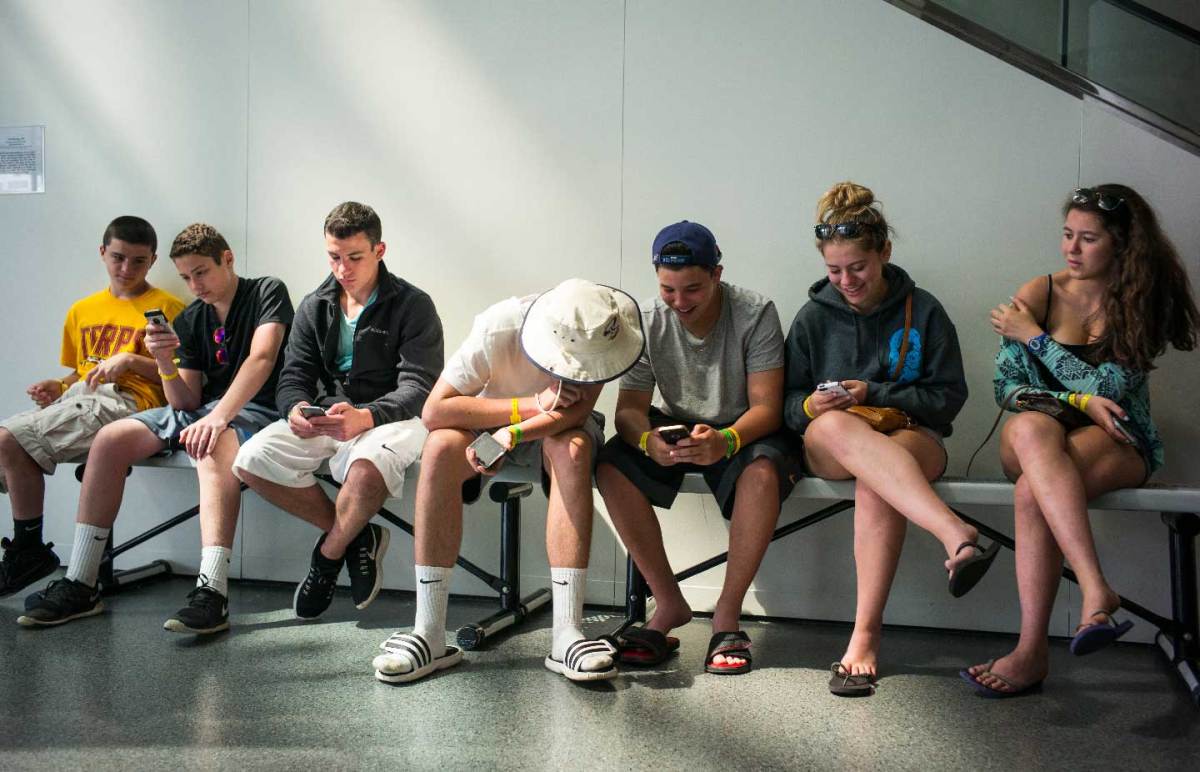Tech devices designed to bring people together are instead isolating them and making them unhappy.
Smartphones and social media have caused an abrupt generational shift in teenage behavior and their emotional states. Teens are physically safer than they’ve ever been, but they’re also more depressed and anxious.
The phenomenon is shaping the post-millennial generation, which has never know a world without the Internet and has a social media presence before they enter high school. Jean Twenge, a psychologist examining generational differences, calls them the iGen.
Writing for The Atlantic, Twenge details the seismic shift tied to “screen time” that is redefining what it means to be a teenager. The trend is clear: teens are spending less time with their friends, starting to drive later, going on fewer dates, starting to have sex later, more likely to feel lonely, and less likely to get enough sleep.
Social interaction offline has been replaced by digital hangouts via Snapchat and texting, which Twenge says is clearly tied to rising suicide rates. Research finds that teens who spend more time in front of their phones or tablets are more likely to report symptoms of depression. And it’s just not a case of hormonal teenage moodiness.
Adolescence is a crucial time during human development when critical social skills are developed. When face time is replaced with screen time, the developmental impact is likely to extend well beyond the teenage years.
The links between depression and smartphone use are clear enough for Twenge to recommend limiting teens use of electronic devices to less than two hours a day. Deleterious effects on mental health and sleep start to rise when teens use the devices for periods longer than that.
This article appeared in an InsideHook newsletter. Sign up for free to get more on travel, wellness, style, drinking, and culture.

























